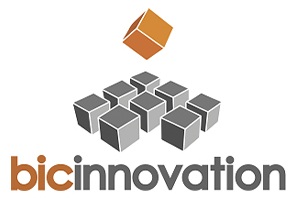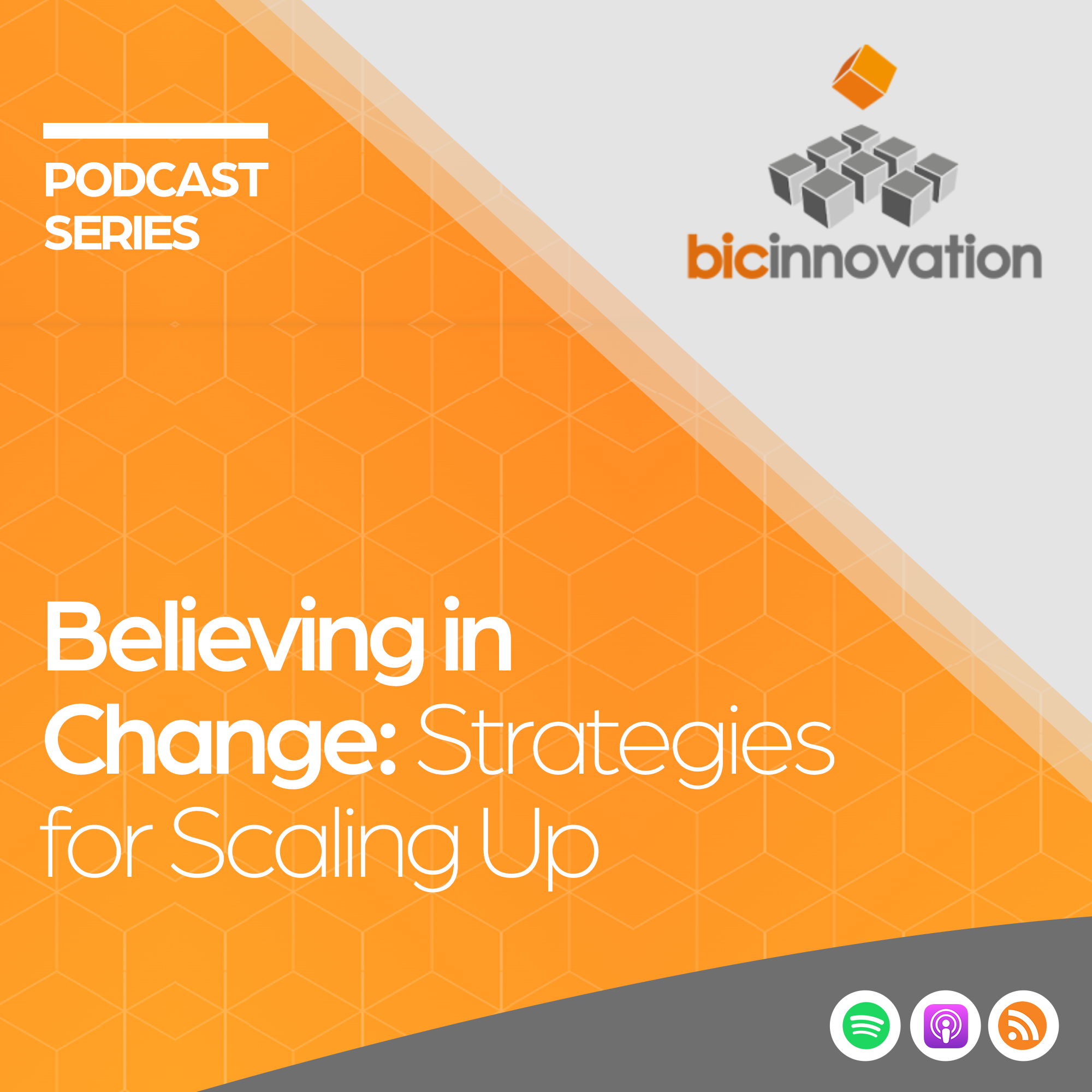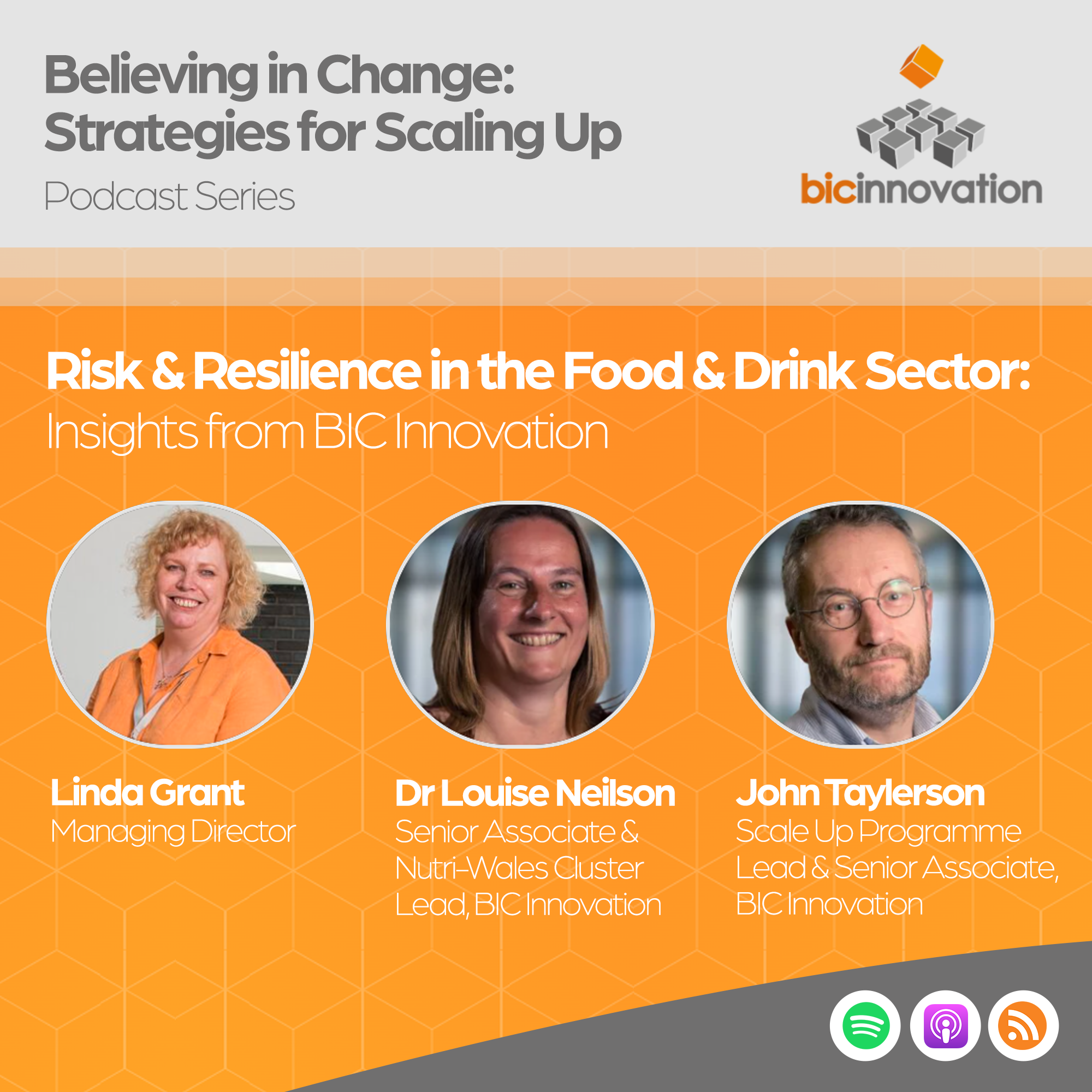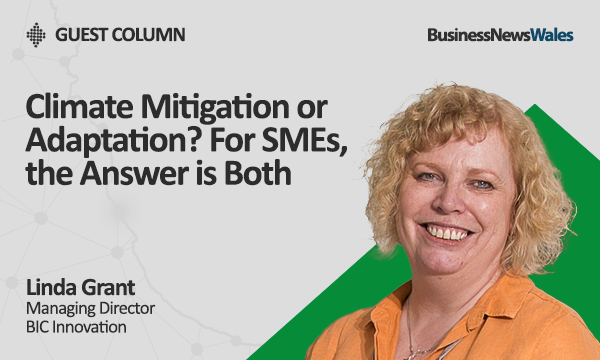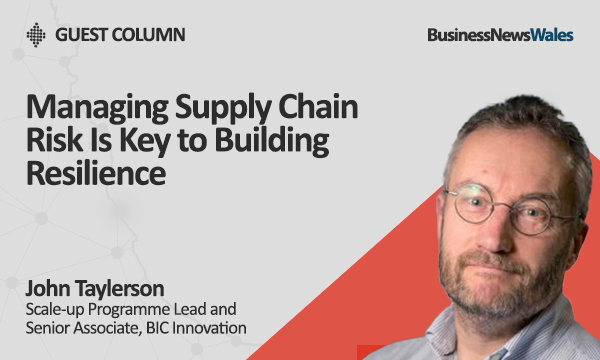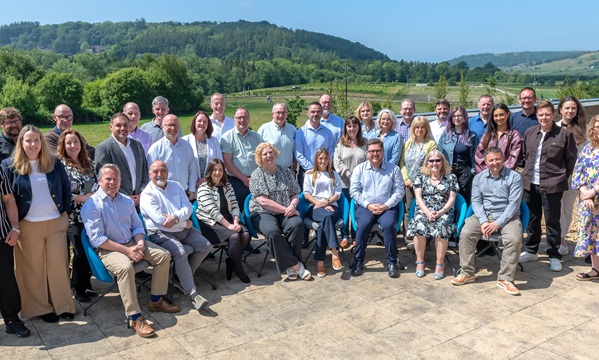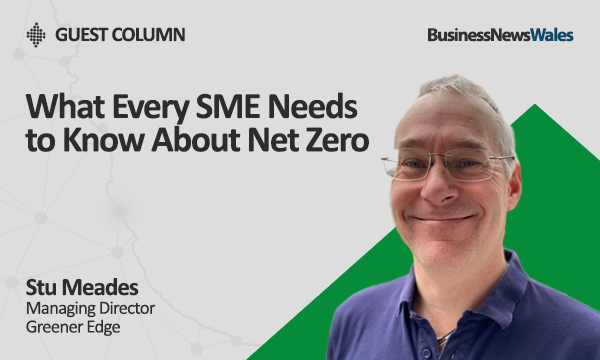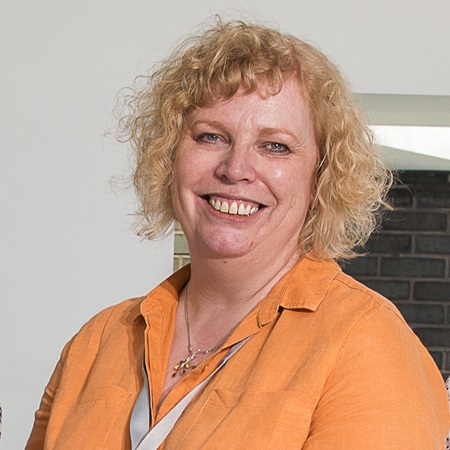
As an SME ourselves, we know what it means to balance the day-to-day demands of working in the business, while also trying to step back and work on it. That challenge is something we share with many of the food and drink manufacturers we support in Wales and beyond.
Through our offices in Anglesey and Bridgend, BIC Innovation works closely with small and medium-sized businesses to help them grow, manage risk, and build resilience in a changing world.
Right now, it feels like every week brings a new reminder of the volatility businesses are facing. A power outage affecting two countries or a cyber-attack on a major food retailer might sound like isolated events, but they serve as clear signals. Risks are broadening, and they aren’t confined to the food and drink sector. Yet, for businesses operating in this space, many of which are dealing with tight margins, the pressure is particularly acute.
Some of the biggest risks aren’t necessarily new. Climate change, geopolitical shifts, and raw material price fluctuations have been with us for some time. What is changing is the frequency and intensity of these challenges. Added to that are changing consumer tastes and increasing legislative demands, particularly around sustainability and reporting. Many of these factors are outside any individual business’ control, but that doesn’t mean they can’t be managed.
A useful discipline in uncertain times is to distinguish between what you can control and what you can’t. It sounds simple, but it’s a helpful way to focus energy and decision-making. For example, no business can control the global price of olive oil or cocoa. But they can scan the horizon, look at price trends, and factor that information into their forecasts. In some cases, they may be able to innovate away from certain ingredients altogether. Having clarity in your forecasting and strategy can help put you back on the front foot.
At BIC Innovation, we often encourage peer-to-peer learning as a way of supporting that kind of thinking. One of the approaches we use is the reference visit. If we know a particular business has invested in automation or new technology and it’s worked well for them, we might bring other businesses along to see it first-hand. There’s real value in hearing from peers about what worked, what didn’t, and what they would do differently next time. It’s less about advice from us and more about shared learning across the sector. That collaborative spirit is something we often see among food and drink manufacturers in Wales.
Looking ahead, legislation will play an increasing role in shaping risk and resilience. Sustainability reporting is one example. Right now, the burden of compliance falls mainly on large corporates. But those requirements are already filtering down through the supply chain. Large retailers and food service companies will want to see their suppliers – many of them SMEs – demonstrating a clear understanding of their carbon impact and resilience planning.
That could feel like yet another pressure, but there is also opportunity here. If food and drink manufacturers in Wales can get ahead of the curve on sustainability, there is real potential for import substitution. In other words, we could be saying to major buyers: instead of sourcing this product from overseas, why not buy it from a resilient, sustainable supplier here in Wales? That kind of thinking links risk management with innovation and growth.
Resilience isn’t about eliminating risk. That’s not realistic. It’s about recognising volatility as part of the landscape and building the tools, knowledge and partnerships needed to navigate it. For food and drink manufacturers, that might mean changing a recipe, investing in new machinery, strengthening supply chains or improving reporting. But the starting point is always the same: understanding where you are, and what you can do today to better prepare for tomorrow.
Linda Grant talks about this and more in the BIC Innovation podcast episode Risk and Resilience in the Food & Drink Sector – Insights from BIC Innovation . Listen to the podcast here.

